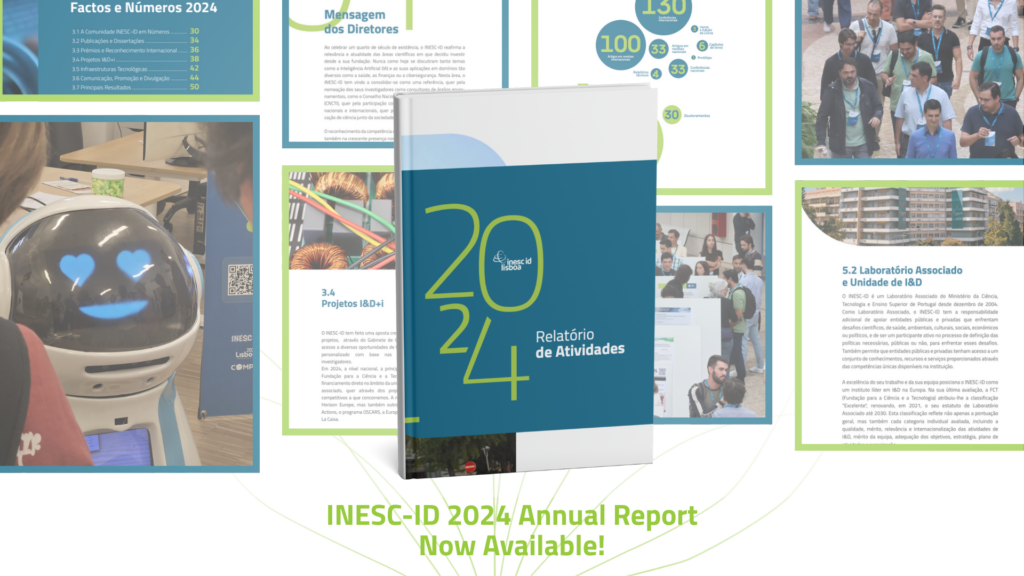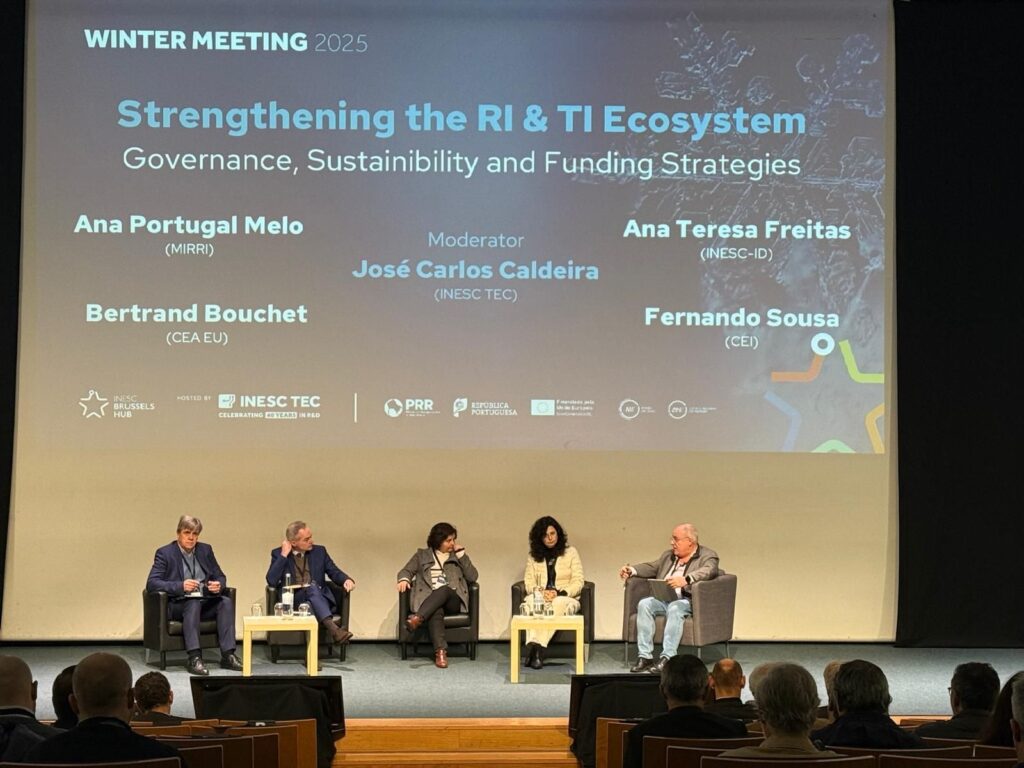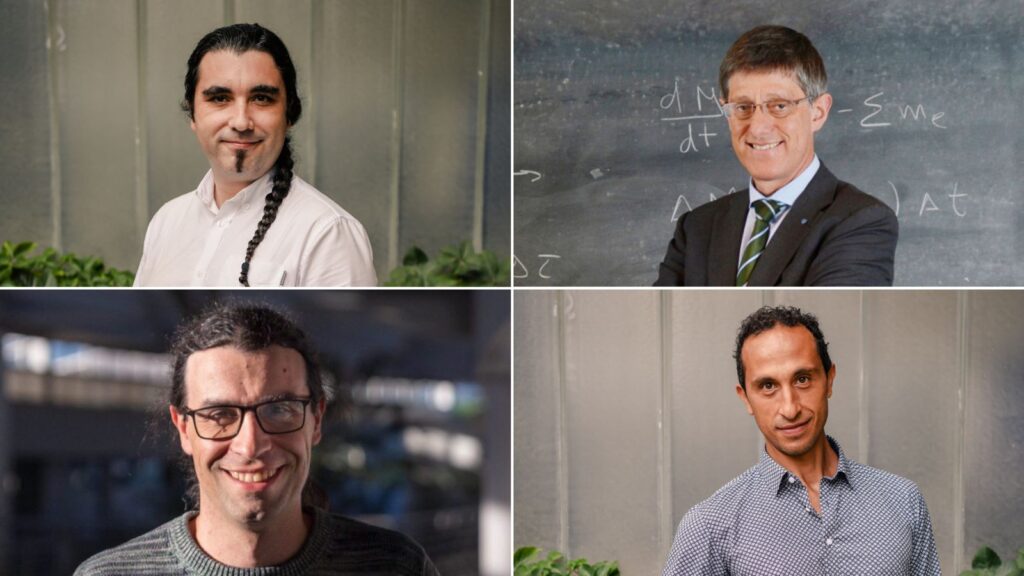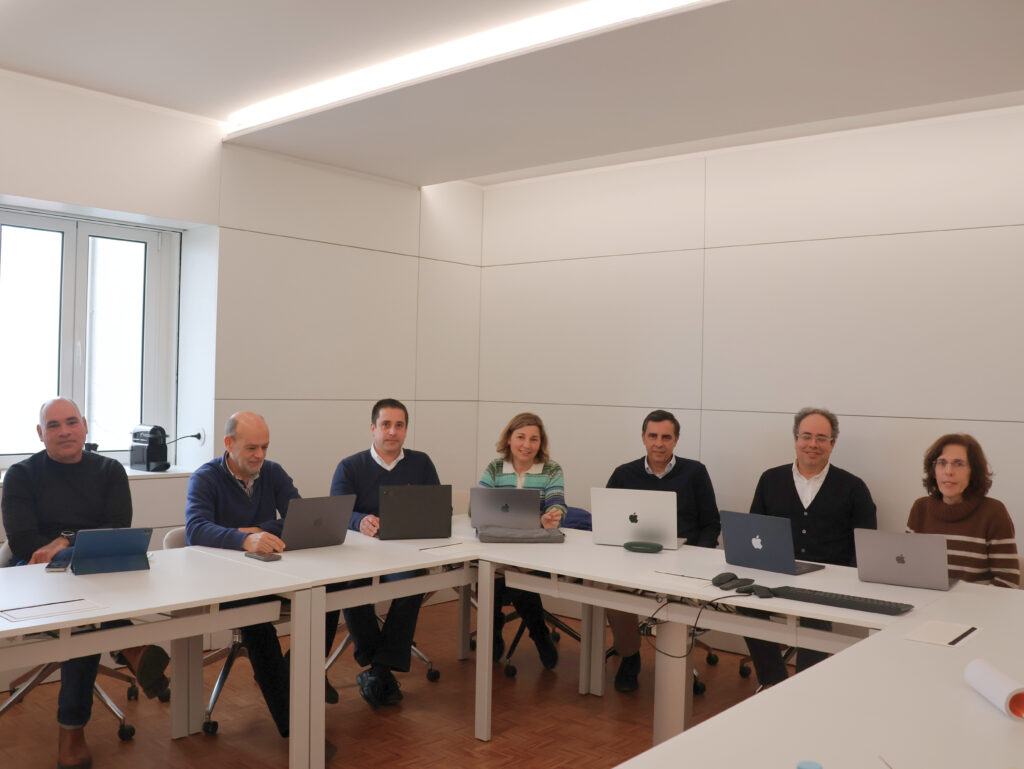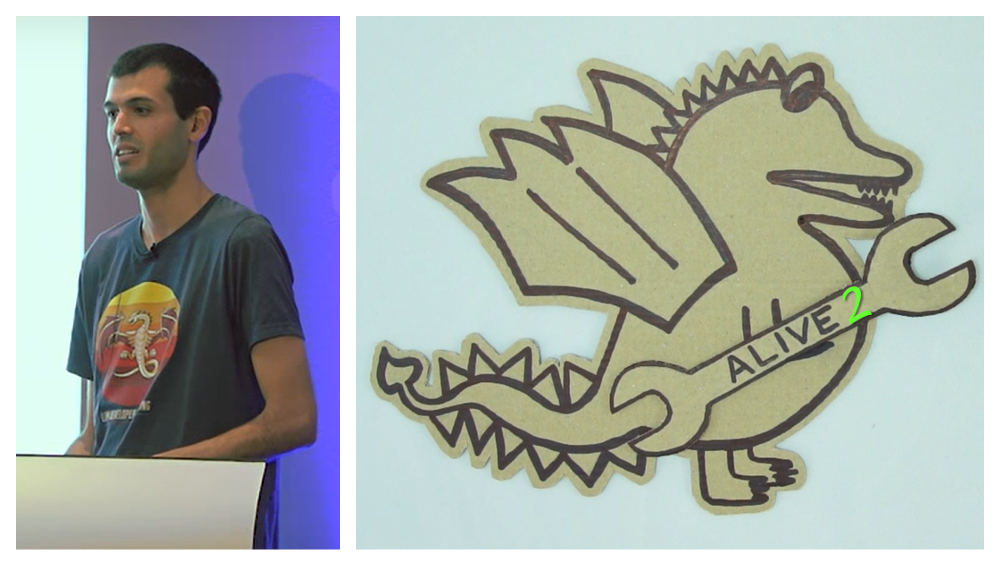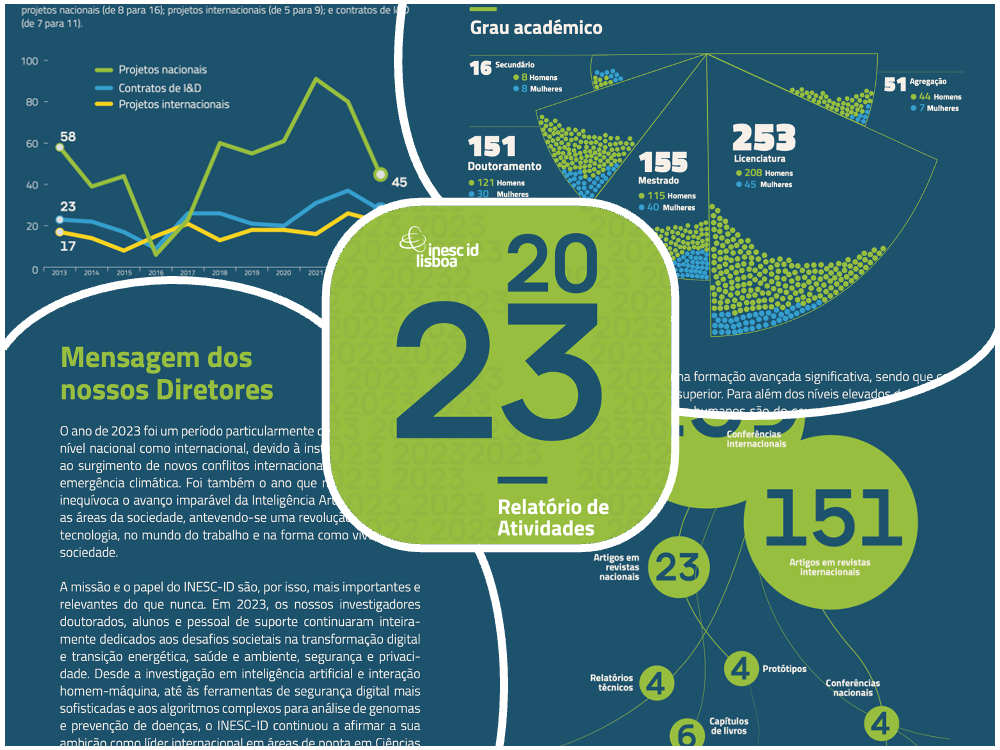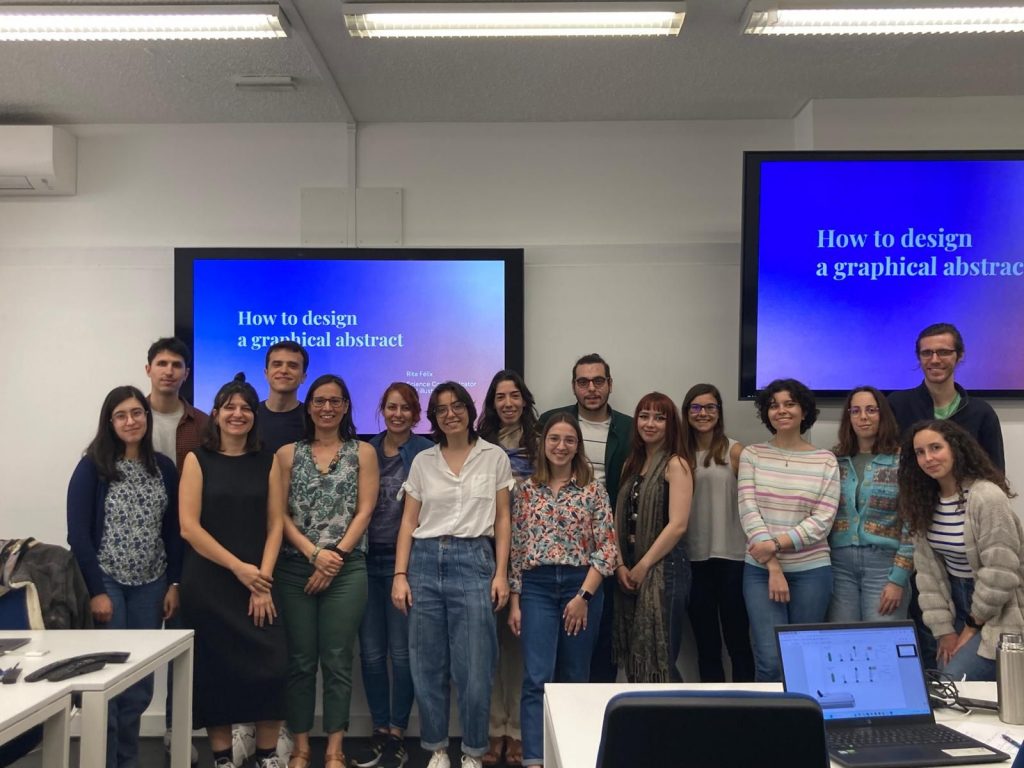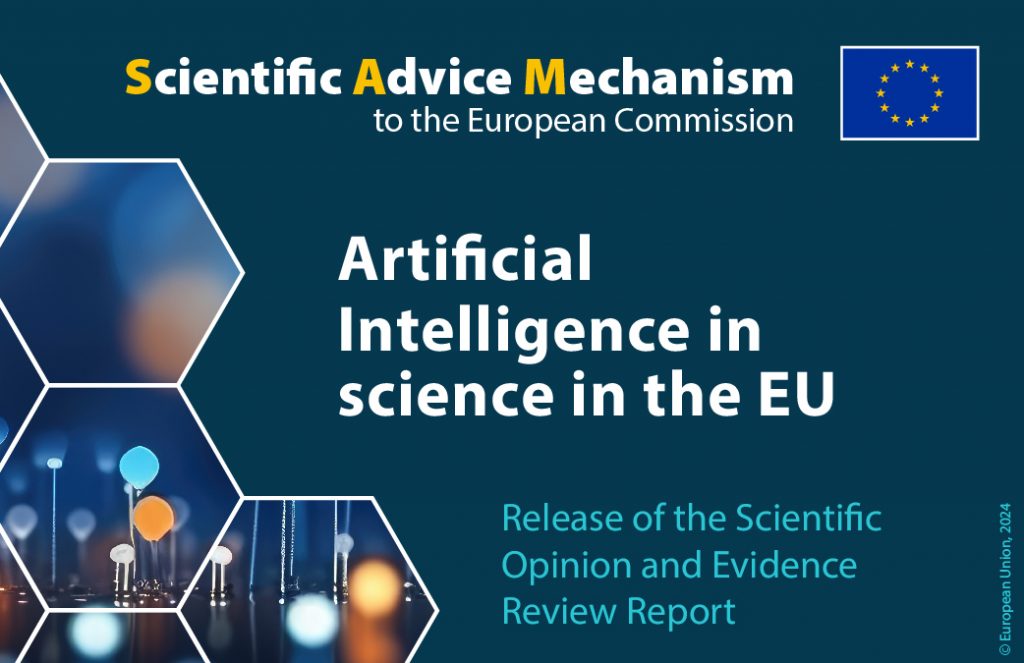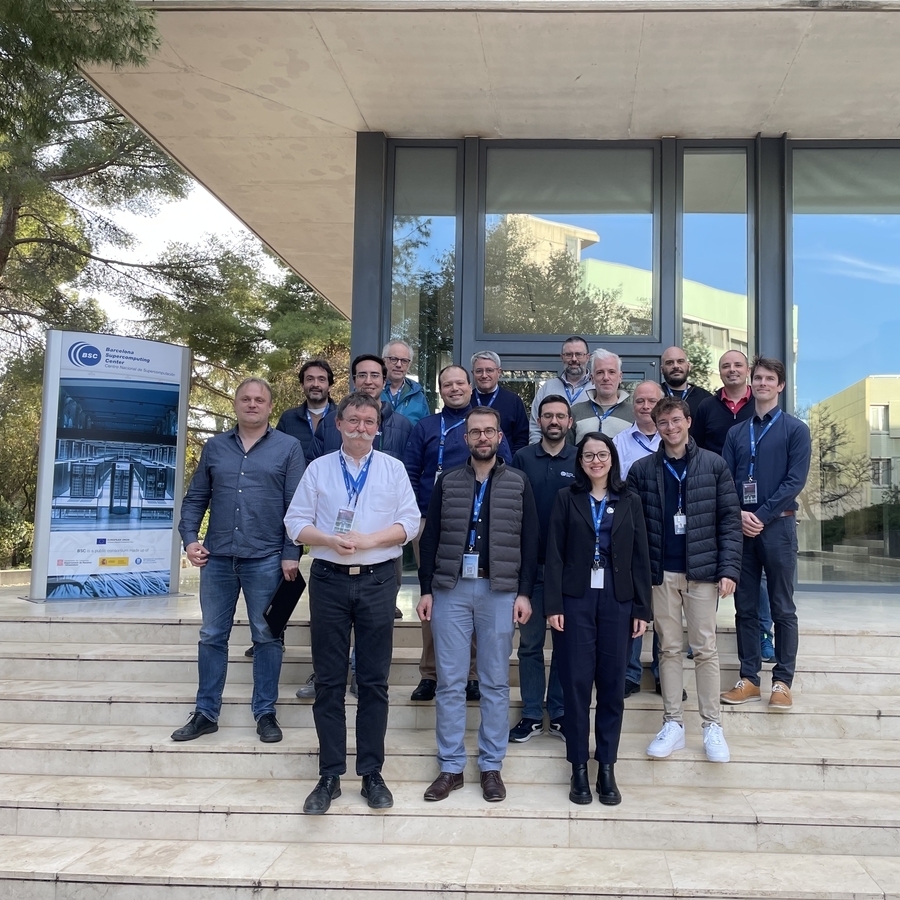The INESC-ID 2024 Annual Report is Out!
INESC-ID is proud to release its latest Annual Report, compiling the main achievements of 2024. Inside the report, you can read the story of our organisation, along with an overview of our structure, mission, strategy, and the latest facts and figures that showcase the continued…
INESC-ID participates in the INESC Brussels Hub Winter Meeting 2025
Key European and national policymakers, research and technology infrastructure managers, and funding agencies, gathered on March 6 at the Faculty of Engineering of the University of Porto (FEUP), to attend the INESC Brussels Hub Winter Meeting 2025. This year’s edition was particularly significant, as it…
PRR Projects: Fair, Explainable, and Sustainable. INESC-ID is leading Responsible AI with the CRAI Project
Luís Oliveira lost his ability to speak due to Amyotrophic Lateral Sclerosis (ALS) in early 2023. However, in May 2024, he made his voice heard around the world. Luís, who sadly passed away in the meantime, made an historic appearance at the United Nations summit…
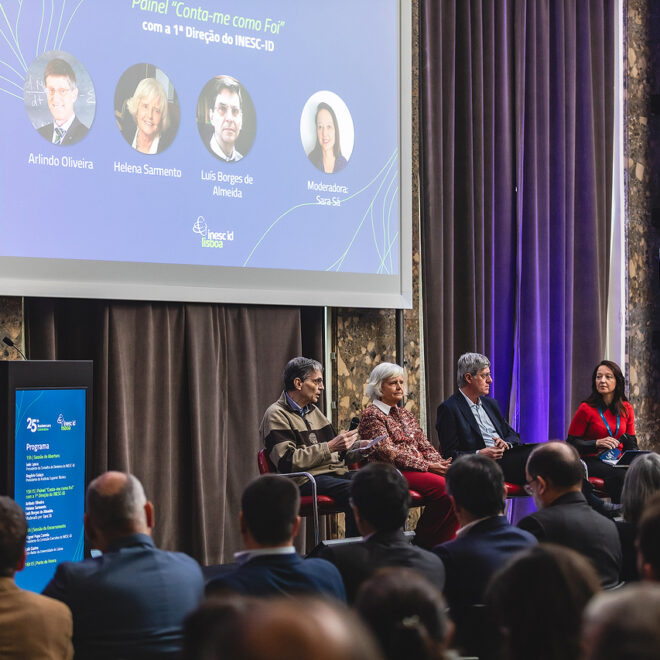


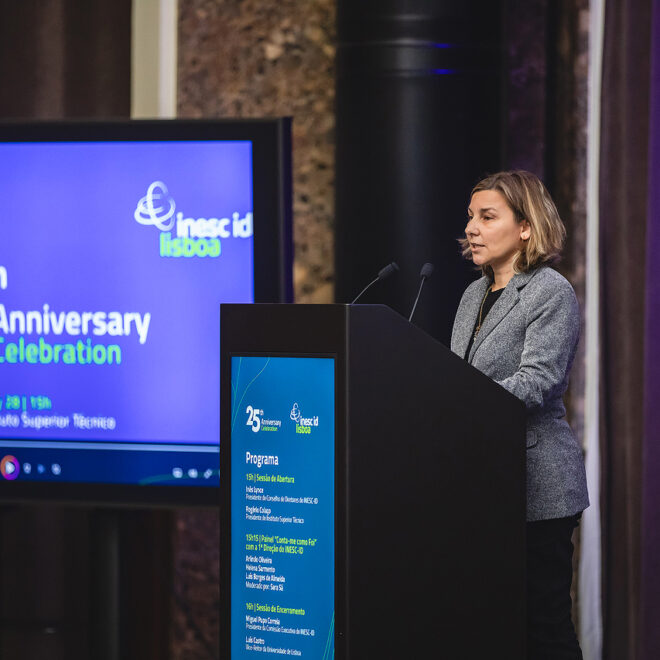
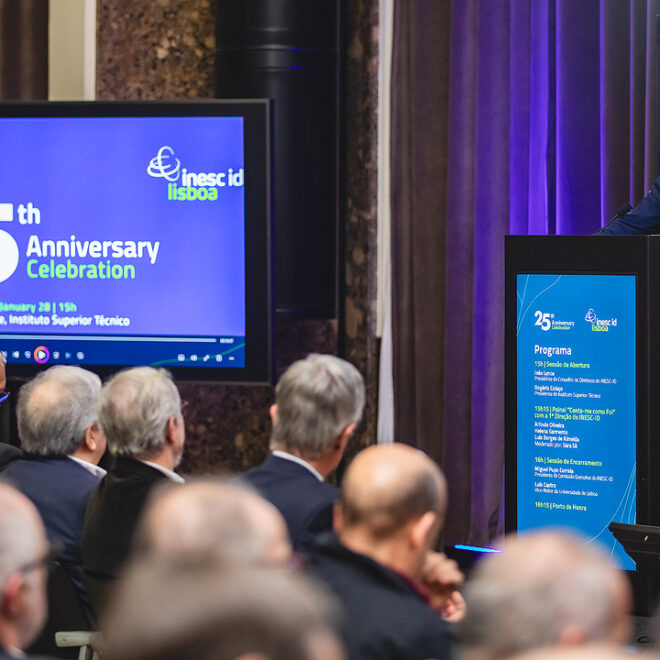

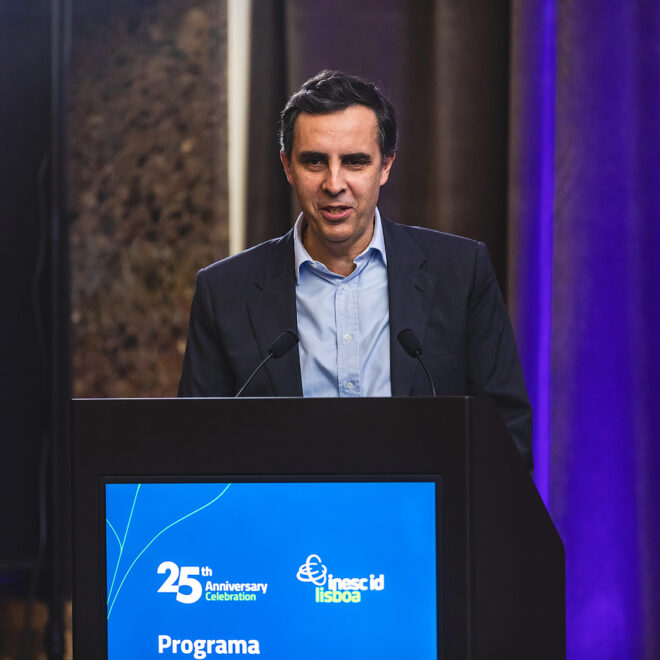
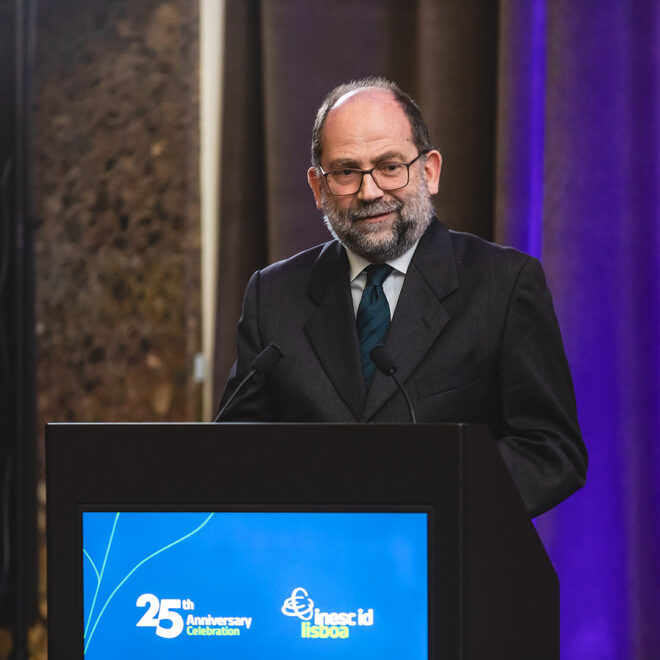
Innovation, memories, and future challenges at INESC-ID’ 25th anniversary celebration
There was chit-chat, an in-house photoshow, a trip down memory lane, and a big birthday cake. INESC-ID is officially a young adult, and January 28 was the day we chose to gather our community—past and present—along with friends from academia to celebrate 25 years of…
Focus on collaborators and scientific excellence will mark the mandate of the new Board of Directors
With the inaugural meeting of the newly elected Board of Directors of INESC-ID starts a new chapter in the institute’s history. This meeting, held January 20, set the stage for the vision and strategic goals that will guide INESC-ID’s path in the coming years. Inês…
Advancing Compiler Technology: Nuno Lopes receives Google Research Scholar Award with Alive2 Project
Nuno Lopes*, researcher at INESC-ID and professor at the Department of Informatics at Técnico, received the prestigious and highly competitive Google Research Scholar Award, which includes a grant of $60,000. The award was given for his research in the area of automatic verification of compilers,…
A year in review: 2023 INESC-ID Annual Report now available!
The 2023 INESC-ID Annual Report has been released! The report, published in Portuguese, offers a comprehensive overview of the INESC-ID community, including the latest facts and figures, project updates, and achievements from the past year. It also presents highlights of our research, development, and innovation…
OLISSIPO organises Workshop on How to Design a Graphical Abstract
Last Friday, we had the pleasure of hosting a workshop on “How to design a graphical abstract,” organised by OLISSIPO. The workshop was specifically tailored for Early-Stage Researchers and had Rita Félix, science communicator, illustrator, and designer from the CNC Center for Neuroscience and Cell…
AI in Science: how can the European Commission promote a responsible uptake? Arlindo Oliveira participated as an expert in a report, via the Scientific Advice Mechanism
Published on April 15, the report “Successful and timely uptake of artificial intelligence in science in the EU” was produced by a group of renowned scientists, including INESC-ID researcher Arlindo Oliveira, from the SA-IDSS research area. The experts have been asked to provide recommendations via…
Leonel Sousa represents INESC-ID at 2nd European Memory Systems Forum
Leonel Sousa, INESC-ID researcher in the field of High-Performance Computing Architectures and Systems and a full professor at Técnico, represented INESC-ID at the second European Memory Systems Forum, held from February 29 to March 1, 2024. The event, hosted at The Barcelona Supercomputing Center (BSC-CNS)…

